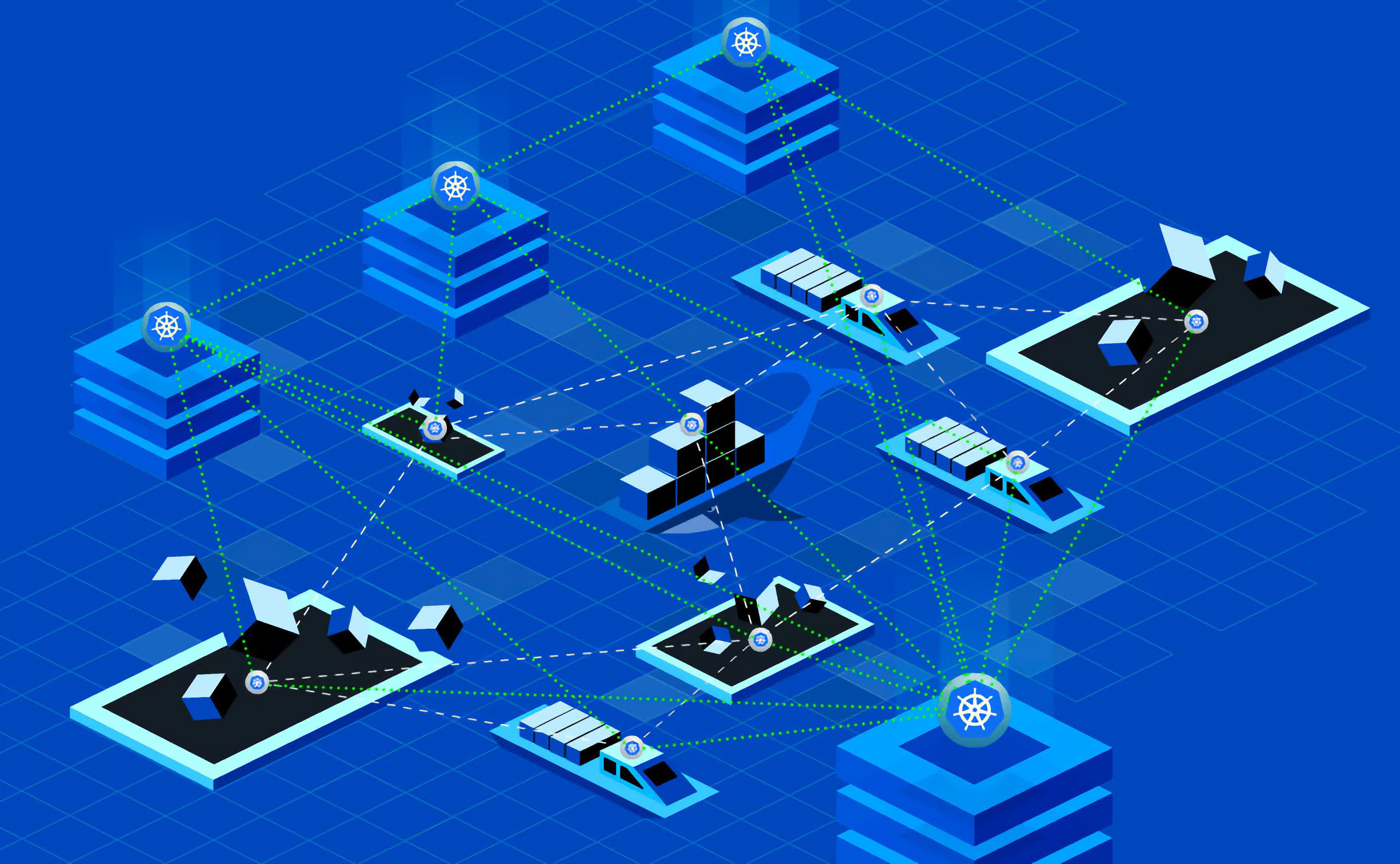It's a tentative time for the tech industry. According to the Bureau of Labor Statistics, tech sector employment fell by 11,184 positions in February. Overall, this can be viewed as a modest reduction of 0.2% of the total tech industry workforce, which numbers more than 5.5 million. Unemployment is creeping upwards, rising from 1.5% in January to 2.2% in February. While we're not facing a critical situation, there are signs that things are slowly but surely starting to take a downturn.
However, we know that during times of uncertainty or even recession, not all tech jobs are affected equally. In fact, many tech roles are predicted to grow over the next decade, including fields such as data science (36%), information security (35%), and web development (30%).
With this in mind, it helps to stay on top of the latest industry trends and needs. By continuously upskilling and growing your skillset, you can safeguard your career long into the future.
Discover 2023's most in-demand tech skills below, as well as some relevant jobs. For many more opportunities, visit the TechSpot Jobs Board.
1. Multi-cloud proficiency
Multi-cloud proficiency refers to the ability to effectively manage and use multiple cloud computing services from different cloud providers. With 75% of organizations building new products and features in the cloud, only 8% of technologists have experience with cloud-related tools. Because of this widening skills gap, there's never been a better time to brush up on these proficiencies.
However, it's not enough to simply learn one cloud platform. According to Gartner, over 80% of organizations use more than one cloud provider - compared to 49% in 2017. This includes the knowledge and skills required to deploy, manage, and integrate multiple cloud platforms, such as Amazon Web Services (AWS), Microsoft Azure, Google Cloud Platform (GCP), and others.
It's clear that becoming proficient in multi-cloud will open up your job opportunities tenfold.
One open role to discover is this Big Data Engineer, Senior job at Fiserv. You will lead large-scale data engineering, integration and warehousing projects, build custom integrations between cloud-based systems using APIs and write complex and efficient queries to transform raw data sources into easily accessible models.
Job requirements include experience in data applications using Azure, AWS and hands-on experience in cloud data stack. You'll also need proficiency in major programming/scripting languages like Java, Linux and/or Python/Scala.

2. Kubernetes
Containers such as Docker are becoming more popular for lots of reasons. Not only do these containers help developers to test their applications, they also simplify the deployment process. Kubernetes, on the other hand, is a container management system - think of it like an operating system running container runtimes including Docker, containerd or CRI-O. It provides a powerful platform for managing containerized applications at scale, with a range of benefits that help to improve the efficiency, reliability, and cost-effectiveness of application deployment and management.
And it is growing: In 2022, Kubernetes became the key platform for moving workloads to the public cloud. Its annual growth rate is 127%, and in 2022, the number of Kubernetes clusters hosted in the cloud grew about five times as fast as clusters hosted on-premise.
If this is your area, Okaya Corp is hiring an Enterprise Kubernetes Engineer to work remotely. Along with an understanding of Kubernetes, Docker, container images, and container security, you will also need to demonstrate an intimate understanding of cloud networking concepts, including best-practices networking models and security along with a working knowledge of creating a Dockerfile to build an OCI-compliant Docker/container image.
Applicants should also demonstrate the ability to empathize with customers and respectfully engage stakeholders to align on goals, business objectives, timelines, and an execution plan.
3. JavaScript/Java/Python
JavaScript, Java and Python are three of the most popular languages in the startup industry in 2023, and are consistently in high demand.
Thanks to the Open Source Contributor Index (OSCI), it's possible to see the most popular programming languages that are used by top companies on Github. Although more than 500 programming languages were used in 2022, JavaScript, Java, and Python remain the top three.
There is no surprise as to why: JavaScript is fundamental in front- and back-end web development, Java is used for Android app development and Big Data, and Python is particularly useful for data science and machine learning and automation tasks, such as scripting and testing.
Plus, Python is also considered to be the best programming language to learn for beginners thanks to its simple syntax, versatility and large community and resources available.
J.B. Hunt is building an entirely new platform to enable its internal and external potential and as such is looking for a Software Engineer III, Dynamics. This position documents programs, develops and implements new features, and supports critical web applications' layer architecture and various back end systems supporting the platform and other digital initiatives.
To apply for this position you will need a Bachelor's degree in computer information systems, computer science, engineering or a related field along with four years' of experience using JavaScript, TypeScript, CSS, HTML and associated frameworks, AMQ, Kafka and SQL.
